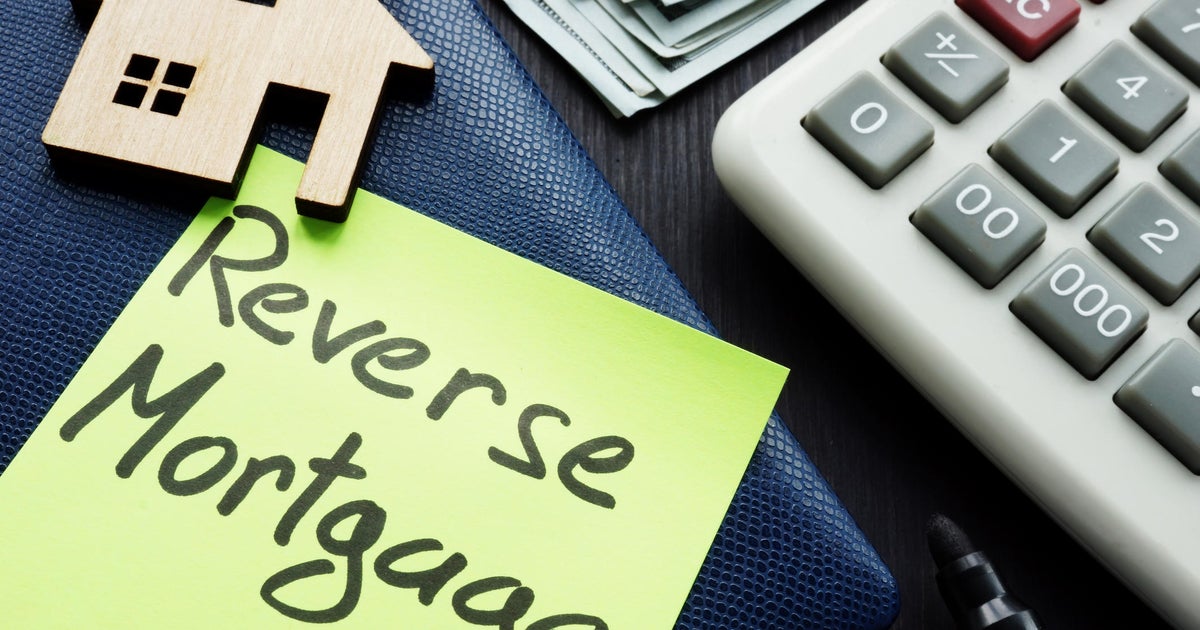Everything You Should Know About How to Purchase Reverse Mortgage
Wiki Article
Unlock Financial Liberty: Your Guide to Purchasing a Reverse Home Loan
Understanding the ins and outs of reverse mortgages is crucial for property owners aged 62 and older looking for financial flexibility. This unique monetary tool enables senior citizens to leverage their home equity, transforming it right into easily accessible cash for different demands, from healthcare to way of life improvements. However, navigating the qualification expenses, advantages, and standards can be complex. As you consider this alternative, it is crucial to understand not only how it works however additionally the implications it may have on your financial future. What are the key elements you should weigh before making such an impactful decision?What Is a Reverse Mortgage?

The basic appeal of a reverse home mortgage lies in its prospective to boost monetary versatility throughout retirement. House owners can use the funds for numerous functions, consisting of medical costs, home renovations, or daily living costs, therefore giving a safeguard during a critical point of life.
It is vital to recognize that while a reverse mortgage enables boosted cash money flow, it likewise reduces the equity in the home with time. As interest collects on the exceptional finance balance, it is vital for prospective debtors to meticulously consider their long-term financial plans. Consulting with a financial expert or a reverse mortgage expert can offer useful understandings right into whether this choice lines up with a person's monetary objectives and situations.
Eligibility Requirements
Understanding the eligibility requirements for a reverse mortgage is vital for homeowners considering this financial alternative. To certify, applicants should be at least 62 years of ages, as this age standard permits elders to accessibility home equity without regular monthly home loan repayments. Additionally, the homeowner must occupy the house as their main home, which can include single-family homes, certain condos, and produced homes meeting specific standards.Equity in the home is one more essential need; property owners generally require to have a considerable quantity of equity, which can be established with an evaluation. The quantity of equity readily available will straight influence the reverse home mortgage amount. Applicants need to demonstrate the ability to keep the home, including covering building taxes, home owners insurance coverage, and upkeep costs, making certain the residential or commercial property continues to be in good condition.
In addition, potential consumers should undertake a financial evaluation to review their income, credit rating, and general economic situation. This evaluation aids lenders identify the candidate's capacity to meet continuous responsibilities connected to the residential or commercial property. Satisfying these needs is crucial for securing a reverse home loan and making sure a smooth economic change.
Advantages of Reverse Mortgages
Various benefits make reverse home loans an attractive alternative for elders looking to enhance their monetary versatility. purchase reverse mortgage. Among the main benefits is the capability to transform home equity right into money without the requirement for regular monthly home loan repayments. This function enables senior citizens to gain access to funds for different requirements, such as medical expenses, home improvements, or daily living costs, thereby reducing financial stressAdditionally, reverse mortgages give a safeguard; elders can proceed to reside in their homes for as long as they meet the loan needs, cultivating security during retired life. The earnings from a reverse home loan can More Help also be utilized to delay Social Safety and security benefits, possibly leading to higher payments later on.
Additionally, reverse home loans are non-recourse finances, indicating that customers will certainly never ever owe greater than the home's worth at the time of sale, securing them and their heirs from economic obligation. Last but not least, the funds gotten from a reverse mortgage are usually tax-free, including another layer of economic relief. In general, these benefits setting reverse mortgages as a functional service for elders seeking to enhance their financial circumstance while maintaining their treasured home setting.

Costs and Charges Included
When taking into consideration a reverse mortgage, it's important to know the various expenses and charges that can impact the general monetary image. Understanding these expenses is important for making an educated decision about whether this financial product is ideal for you.Among the key prices related to a reverse home loan is the source charge, which can differ by lending institution click for more info yet generally ranges from 0.5% to 2% of the home's appraised value. Additionally, house owners should anticipate closing costs, which may consist of title insurance, evaluation charges, and debt record costs, typically amounting to several thousand dollars.
Another substantial expenditure is home mortgage insurance policy costs (MIP), which safeguard the loan provider against losses. This fee is typically 2% of the home's value at closing, with an ongoing yearly costs of 0.5% of the staying funding balance.
Finally, it is very important to consider ongoing prices, such as residential or commercial property taxes, homeowner's insurance policy, and upkeep, as the customer remains responsible for these expenditures. By very carefully assessing these charges and costs, home owners can much better assess the financial effects of going after a reverse home loan.
Actions to Start
Getting going with a reverse mortgage includes numerous key actions that can help enhance the process and ensure you make educated decisions. Assess your economic situation and figure out if a reverse home mortgage aligns with your long-lasting objectives. This includes assessing your home equity, existing debts, and the requirement for extra revenue.
Next, research More Bonuses different lending institutions and their offerings. Try to find reliable organizations with favorable testimonials, clear fee structures, and competitive rate of interest prices. It's necessary to compare conditions to discover the ideal suitable for your needs.
After selecting a lending institution, you'll require to finish a detailed application process, which usually needs paperwork of revenue, properties, and property details. Participate in a therapy session with a HUD-approved therapist, that will certainly give understandings right into the effects and duties of a reverse home mortgage.
Verdict
In conclusion, reverse mortgages provide a practical alternative for elders seeking to boost their monetary stability throughout retirement. By transforming home equity into obtainable funds, house owners aged 62 and older can address numerous monetary demands without the pressure of month-to-month repayments.Comprehending the details of reverse home loans is essential for home owners aged 62 and older seeking monetary freedom.A reverse home loan is a financial product made mainly for home owners aged 62 and older, allowing them to transform a portion of their home equity right into cash money - purchase reverse mortgage. Consulting with a monetary consultant or a reverse home mortgage specialist can supply valuable insights right into whether this alternative aligns with a person's economic goals and situations
In addition, reverse mortgages are non-recourse fundings, implying that borrowers will never owe more than the home's worth at the time of sale, protecting them and their beneficiaries from economic responsibility. In general, these benefits setting reverse home mortgages as a functional remedy for seniors seeking to improve their monetary circumstance while preserving their treasured home setting.
Report this wiki page